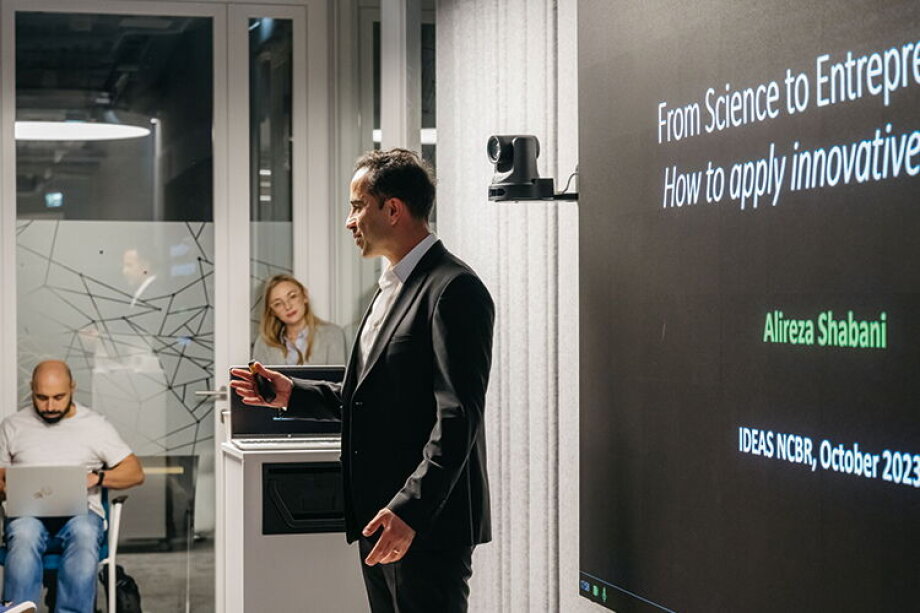Interview by Beata Socha
WBJ: How did Silicon Valley’s success come about?
Alireza Shabani: What facilitated the construction of the world’s most important technological center in California was the concentration of money, talent, and experience within a 30-minute drive from San Francisco. As a result, strong networks of local scientists, practitioners, and entrepreneurs were formed. Unlike the center in Massachusetts (MIT), which enforced stringent non-competition clauses, Silicon Valley had more flexible rules, allowing the easy movement of employees between companies working on breakthrough technologies. Researchers and engineers from countries where scientific activity faced impediments for various reasons also migrated to Silicon Valley, where they encountered a welcoming culture for newcomers. I myself am of Iranian origin.
What financing model did Silicon Valley adopt and why?
Under the conditions in California, entrepreneurs immediately tapped into the vast American market, ultimately conceiving of large-scale solutions that would reach over 200 million customers. For this reason, the “venture-backed” model, characterized by financing from venture capital funds, dominated the first decades of the evolution of this technological hub. Companies that developed in this environment became the engines of the economy, accounting for most of the research and development expenditures in the US.
What opportunities do you see for creating a “Polish Silicon Valley”?
For one, there is a Polish diaspora in practically all developed countries. The decades-long emigration of professionals to foreign markets, especially Western ones, allows Polish entrepreneurs to gain new footholds thanks to active connections with their home country. It enables both the transfer of know-how back to Poland and investments by private individuals, who have achieved financial success abroad, into Polish startups.
You mentioned America’s 200-million population. Is Poland’s domestic market large enough to provide startups with sufficient momentum?
Poland’s 38-million internal market is large enough to make it worth developing businesses on a larger scale. Poland’s presence in the EU facilitates expansion to neighboring countries, and there is no need to accumulate as much capital as with global companies.
Another crucial aspect is the large number of people with a technical education. Poland ranks fourth in Europe in terms of graduates in STEM fields (science, technology, engineering, mathematics). Add to this the high quality of education in Poland, and you have a Polish IT sector with a reputation as one of the best in the world.
What about concentration in the market? Poland has several tech hubs including Kraków, Wrocław and Warsaw, but they are not within a 30-minute drive of each other.
Extensive adoption of remote communication by Polish companies and institutions removes the necessity of the "30-minute drive," a crucial factor in California half a century ago. Warsaw, Kraków, and Wrocław can still serve as hubs for IT, but technological companies can be more dispersed while effectively cooperating with foreign partners.
The Polish VC market is nowhere near as developed as in the US. Where should Polish startups look for financing?
Polish entrepreneurs can seek support for their projects from both state institutions and private capital. Importantly, due to Poland’s favorable and stable international and economic situation, sources of funding can also be sought in distant and unconventional places, and the still relatively young Polish market provides funds with a satisfying rate of return.
How important are unicorns in creating a Silicon Valley?
Polish success stories are waiting to be told. While in the world of technology, Spotify is associated with Sweden, and Skype and Bolt with Estonia, the stories of Polish companies that have conquered the world (e.g., CD Projekt or Allegro) are not yet widely known and are waiting to captivate the imagination of investors in this industry. Stories of successful initiatives that began in Poland could become the showcase of a new Silicon Valley on the Vistula and complement the “hard” competencies with a narrative of Polish success.


















